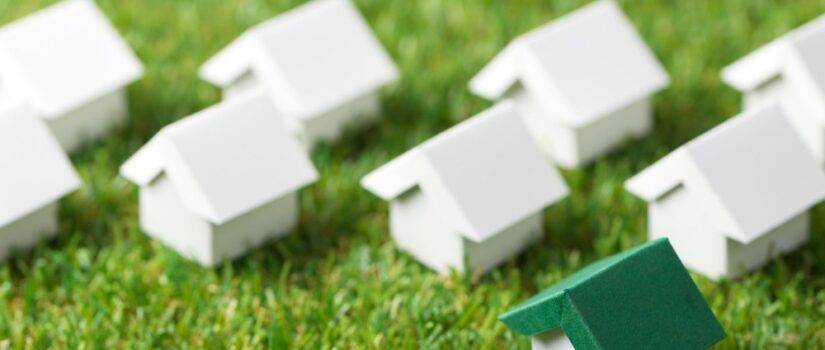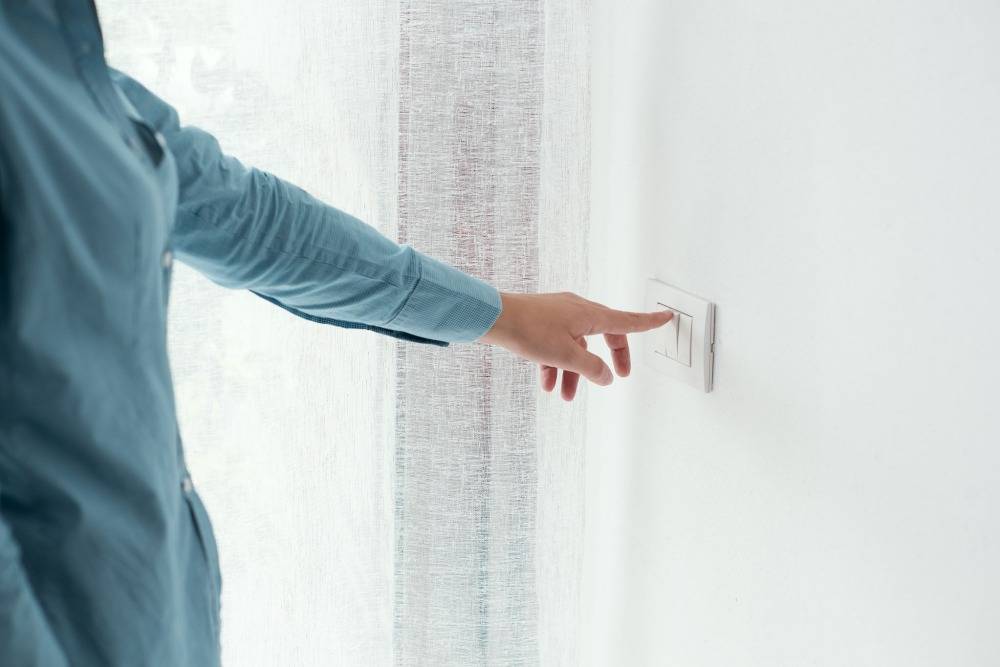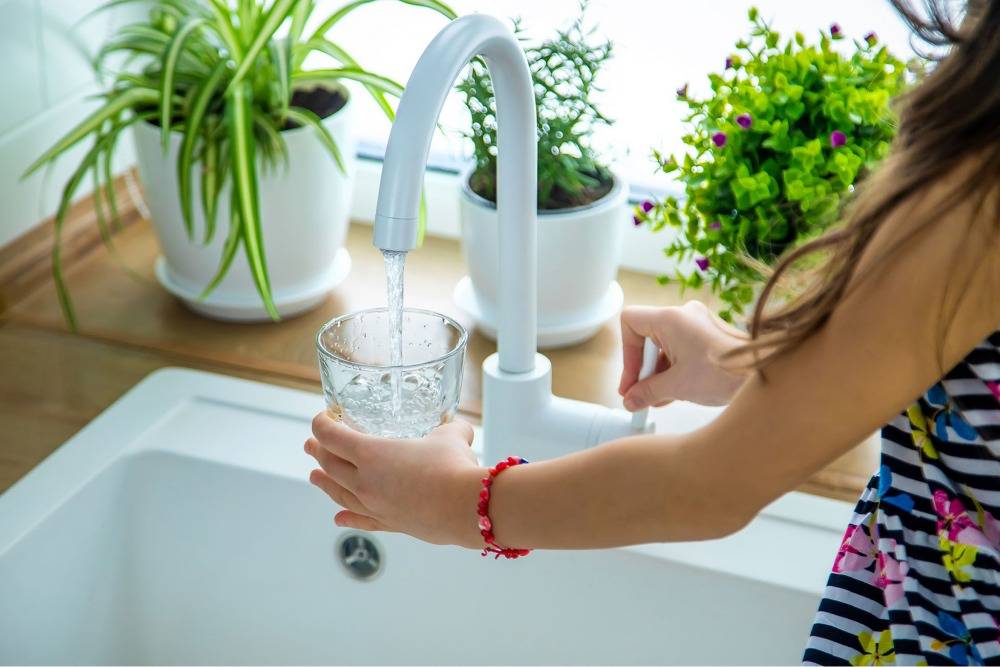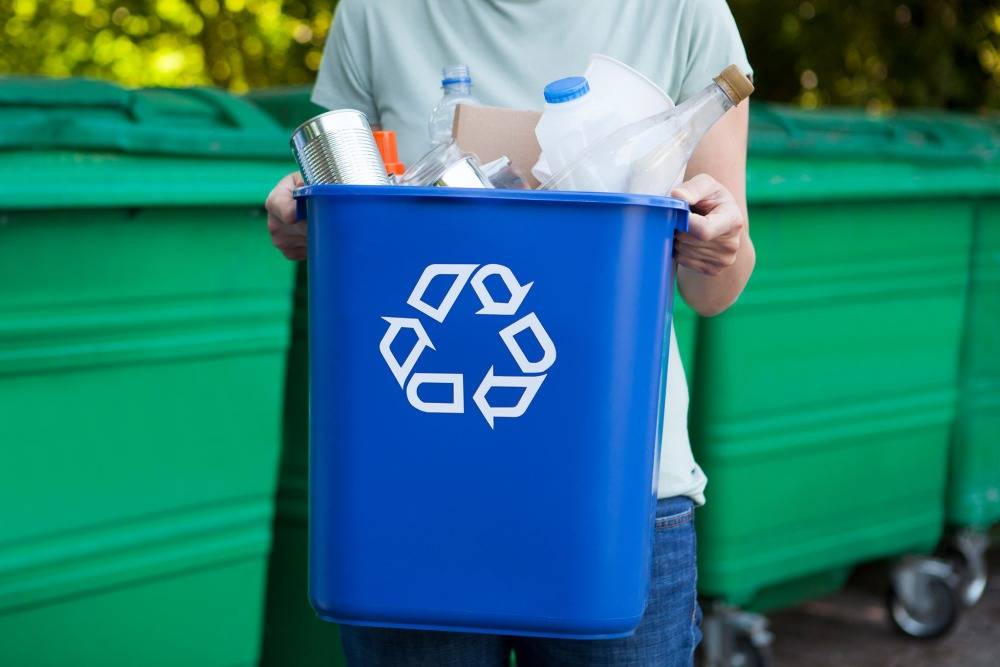Going Green: 10 Simple Ways to Make Your Home More Eco-Friendly

In today’s world, there is a growing awareness of the importance of environmental sustainability. As a Richmond homeowner, you have the power to make a positive impact by adopting eco-friendly practices in your home. Not only will you contribute to a healthier community, but you can also save money on energy bills in the long run. Let’s explore ten simple and effective ways to make your home more eco-friendly without breaking the bank.

Energy-Efficient Lighting:
One of the easiest ways to reduce energy consumption is by switching to energy-efficient lighting options. Replace traditional incandescent bulbs with compact fluorescent lamps (CFLs) or light-emitting diodes (LEDs). These bulbs last longer and use significantly less energy, helping you save both electricity and money.
Upgrade to Energy-Efficient Appliances:
Consider upgrading old, energy-guzzling appliances with energy-efficient models. Look for appliances with an Energy Star rating, as they meet strict energy efficiency standards. Energy-efficient refrigerators, washing machines, dishwashers, and water heaters can significantly reduce your home’s energy consumption.
Smart Thermostats:
Install a programmable or smart thermostat to regulate your home’s temperature efficiently. These devices allow you to set different temperature schedules throughout the day, ensuring that you only use energy when needed. You can also control the thermostat remotely via smartphone apps, optimizing energy usage even when you’re away from home.

Proper Insulation:
Insulating your home effectively can make a noticeable difference in reducing energy consumption. Make sure your walls, attic, and windows are properly insulated to prevent heat loss during the winter and keep your home cooler during the summer. This will reduce the need for excessive heating or air conditioning and lower your energy bills.
Water Conservation:
Conserving water is another crucial aspect of creating an eco-friendly home. Install low-flow showerheads, faucets, and toilets to reduce water usage without sacrificing performance. Fix any leaks promptly to prevent water waste. Additionally, consider collecting rainwater for watering plants or use it for non-potable purposes such as cleaning or flushing toilets.
Sustainable Landscaping:
Transform your yard into an eco-friendly oasis by practicing sustainable landscaping. Plant native, drought-resistant plants that require less water and maintenance. Use organic mulch to retain soil moisture and suppress weed growth. Implement efficient irrigation systems like drip irrigation to minimize water waste. Additionally, if space allows, consider starting a compost pile to recycle organic waste and nourish your plantings naturally.

Renewable Energy Sources:
Harness the power of renewable energy by installing solar panels on your roof. Solar energy is a clean, renewable resource that can generate electricity for your home, reducing your reliance on fossil fuels. Depending on your location and the size of your solar system, you may even be able to sell excess electricity back to the grid.
Recycling and Waste Management:
Make recycling a priority in your household. Set up designated recycling bins for paper, plastic, glass, and metal, and educate your family members on proper recycling practices. Reduce waste by opting for reusable products such as cloth shopping bags, reusable water bottles, and rechargeable batteries.
Eco-Friendly Materials:
When making home improvements or renovations, choose eco-friendly materials. Look for sustainably sourced wood, recycled or reclaimed materials, and low-VOC (volatile organic compound) paints and finishes. These choices contribute to a healthier indoor environment and minimize the impact on natural resources.
Educate and Advocate:
Share your knowledge and passion for eco-friendly practices with others. Educate your friends, family, and neighbors about the benefits of going green. Support and advocate for local environmental initiatives and encourage your community to adopt sustainable habits.
By implementing even a few of these simple yet effective measures, you can begin to transform your home into an eco-friendly haven. Remember, small changes can make a big difference, especially in the older houses that are so prevalent and popular in the Richmond area!






